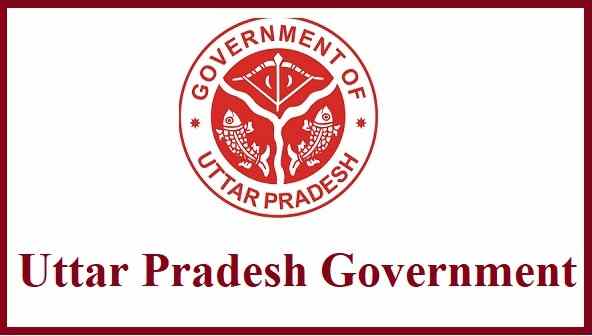Extension Granted for Asset Declaration Deadline for UP Government Employees

In a significant development, the Uttar Pradesh government has extended the deadline for asset declarations for over 2.44 lakh state employees. This move comes as part of the government’s stringent measures to enforce compliance with asset declaration requirements.
Initially, the Uttar Pradesh administration had planned to withhold salaries from employees who failed to declare their assets by the end of August. However, in response to numerous requests from employees seeking additional time, the government has opted to extend the deadline and offer alternative submission timelines for different departments.
The directive, issued by Chief Secretary Manoj Singh, mandated that all state employees submit their details of movable and immovable assets on the “Manav Sampada” portal by August 31. As of the original deadline, only 71% of the state’s 846,640 government employees had adhered to the directive, with 602,075 employees successfully completing their submissions.
The remaining employees, who missed the deadline, have been granted an extension to fulfill their asset declaration obligations. While several departments, including Textiles, Sainik Kalyan (Welfare of Soldiers), Energy, Sports, Agriculture, and Women’s Welfare, have demonstrated compliance, other critical departments such as Basic Education, Higher Education, Medical Health, Industrial Development, and Revenue are yet to fully comply.
Chief Secretary Manoj Singh has clarified that, contrary to earlier plans, salaries will not be withheld. Instead, the government has adopted a more flexible approach, allowing departments additional time to meet the asset declaration requirements.
The Uttar Pradesh government reiterates that asset declaration is a mandatory process designed to enhance transparency and combat corruption within the state’s administrative framework. The extension of the deadline underscores the government’s commitment to ensuring that all employees comply with these crucial regulations.
Source: IndiaToday




